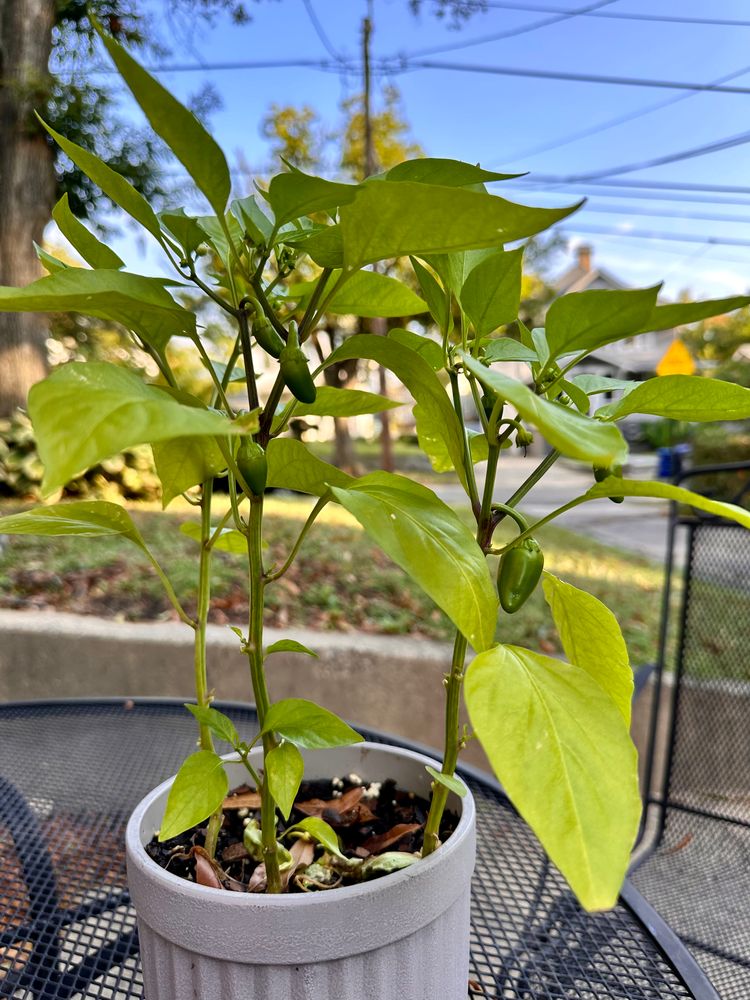7 Lessons I Learned My First Year of Parenting (Part One)
Emily and I became parents in 2015 and we spent 2016 figuring out what that meant. How would our lives change, our marriage, our friendships, and - of course - how would we bring up our daughter in this crazy world? We were lucky that we were able to basically choose when we wanted to bring a child into this world, 7 years into our marriage. We had spent years observing exemplary parents and families, noting what we wanted to emulate and what we wanted to leave behind. While I think we were able to avoid much of the shock and dismay that can hit you the first time you become a parent, there were still things that surprised us about ourselves and the world of bringing up children well. Here are 7 of those lessons.
Lesson 1: I Discovered The Best and Worst of Myself.
We all know that those first few months of parenting are filled with big changes, little sleep, and unreasonable amounts of crying (not just from the baby!). That, by itself, has a way to bring out the worst in you. It's relatively easy to practice patience and forgiveness to your significant other when you're well fed, well rested, and don't have a completely helpless person to take of. But take those things away, and suddenly parts of your character that you had either forgotten about or you had been just stuffing down for far too long show themselves with a vengeance.
**Take away your comfort and the predictability of your life, and suddenly the real you shows up to the dinner table (and the couch and the bedroom and the drive to church). **
The real me, apparently, is self-righteous and can only give blame, never take it. It's the opposite of all that 1 Corinthians 13 stuff ("Anthony is not patient. He is not kind. He is jealous and boastful.").
On the other hand, joining with Emily in caring for and raising that completely helpless person mentioned above has a way of bringing out the selfless, slightly heroic (at least in your own eyes) parts of you that you never had to trot out before. I can not only function with less sleep, but I can offer empathy and love to a frustrated child; find ways to encourage an exhausted wife; clean up quantities of baby excrement that I never knew were possible; and stretch to new bounds of patience and endurance while going up against another marathon night of troubled baby-sleep.
Certainly there are other ways for my character to be sharpened and revealed and (I hope) improved; but parenting has been the most efficient thus far.
Lesson 2: Our Society's Expectations of Fathers Are Messed Up
I probably knew this one before, but it is only highlighted by Emily and I becoming mother and father respectively. This is no more evident than in the vast majority restaurant bathrooms that lack a changing station in the men's bathroom. For far too long our society has expected too little of men in the sphere of parenting. And I tend to take it a little personally.
When Emily and I were on family leave back in January 2016, not a single person asked me if I would be going back to work after Audrey was born; nearly everyone asked Emily. Things like this only perpetuate the (wrong) idea that women are somehow more naturally parents than men or ought to be spending more time with their children than fathers.
The surprise I receive when telling the stories of taking turns getting Audrey at night; the cooking that Emily and I take turns doing; or the fact that I spend 1-2 days a week working from home with Audrey all just gnaw at me. Things like this subtly (and not so subtly) tell everyone to lower their expectations when it comes to how men are going to behave in the home and with their children.
The time is long over for us to be lowering our expectations for fathers; we ought to be raising them instead.
Never dare ask me if I'm babysitting Audrey tonight. I'm her dad. I don't babysit my own daughter. I raise her, you dolt.
Lesson 3: The Best and Worst Thing You Can Do Is Listen to Other Parents.
Like I mentioned above, Emily and I chose to wait 7 years before having a child. This gave us this ability to hang out with other families, observe their habits and routines, actions and reactions, and learn from them. We were so blessed to be allowed into the lives of these friends, ask them questions, glean from their wisdom, learn from the victories and their mistakes.
We're also fortunate to have so many friends who are past the baby-raising stage of parenting, who can give us perspective and give us the sure promise that things will get better (and sometimes worse). We're lucky to have friends we can call up at any point and say "Help!" or "What the heck do we do?" or "Would you please just take our child for an hour or half a day or a week or so?"
On the other hand, every parent knows firsthand that sometimes other parents are just The. Worst.
99% of the time, other parents want to give you advice, their opinion, and their experience out of the goodness of their heart, out of their desire to see you and your child flourish. We try to keep this in mind. But when that advice, opinion, or experiencing takes a turn towards embarrassing or shaming you, you have to wonder why people are so good at hurting other people.
So we now do our best to limit what we share online and ask advice from the people we respect the most. And we try to hold our own tongue when we see a parent do (gasp!) not what we would do.
THERE'S A MILLION GOOD WAYS TO PARENT AND NOT A SINGLE ONE OF THEM HAS TO DO WITH SHAMING OTHER PARENTS.— BRENE BROWN.
Conclusion
So discovering myself; gender expectations; and help from other parents. Those are lessons 1-3. Check back Wednesday for Lessons 4-7!
What lessons have you been learning this past year as you raise your children? Share in the comments!



Member discussion